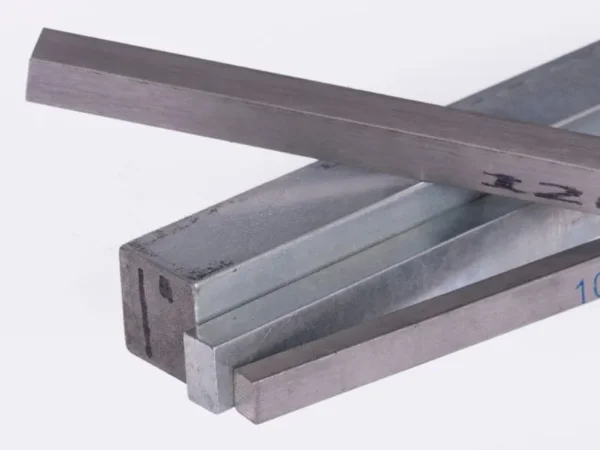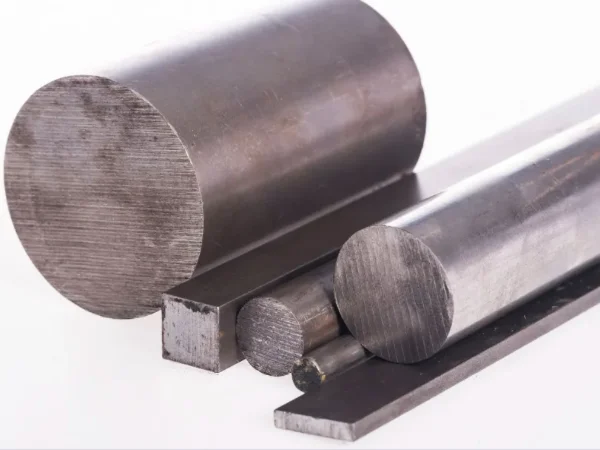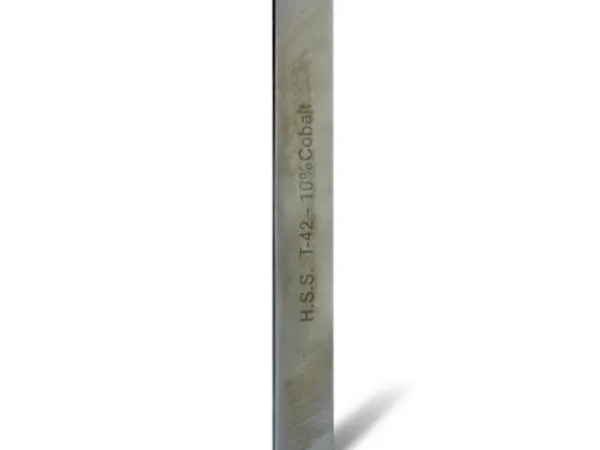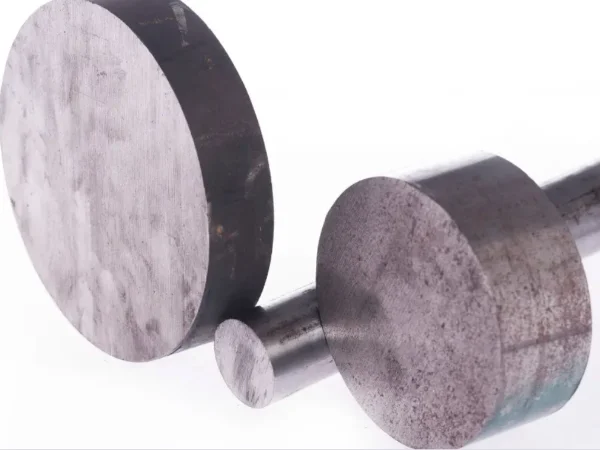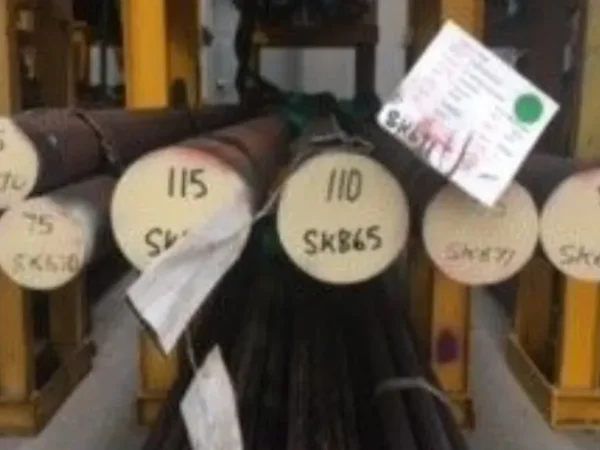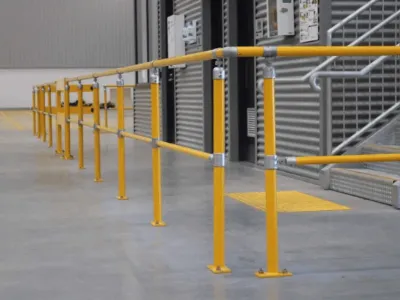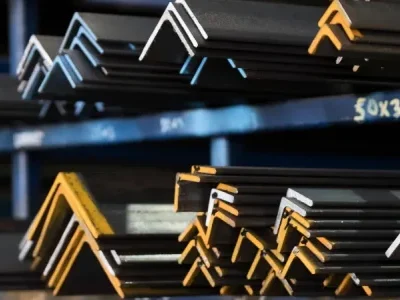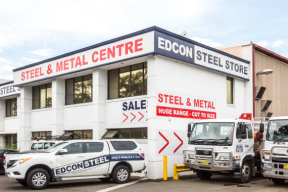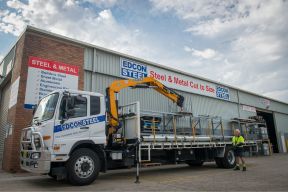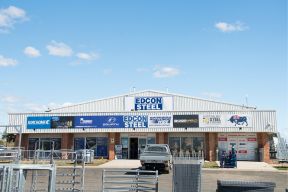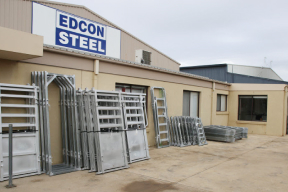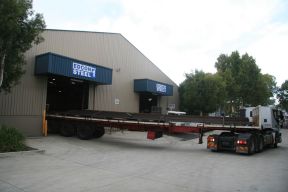Beginners guide to steel: Engineering Steel
The latest edition of our beginner’s guide to steel is all about engineering steel.
Here, we delve into the key characteristics of engineering steel, the various types and grades, and the diverse applications in so many industries.
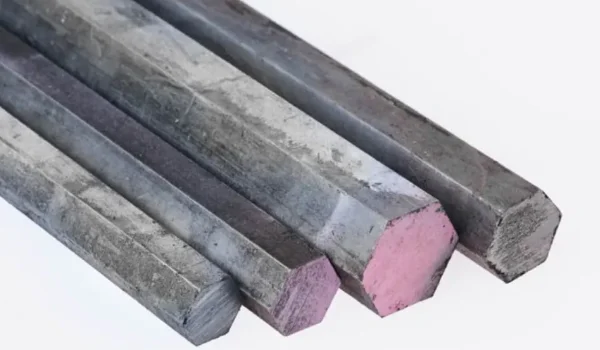
What is engineering steel?
Engineering steel is a category of steel that has been specifically designed and produced to meet the rigorous demands of structural and mechanical applications.
Unlike mild steel, which is often used for general purposes and has a relatively low carbon content, engineering steels are formulated with specific properties to enhance performance in various environments.
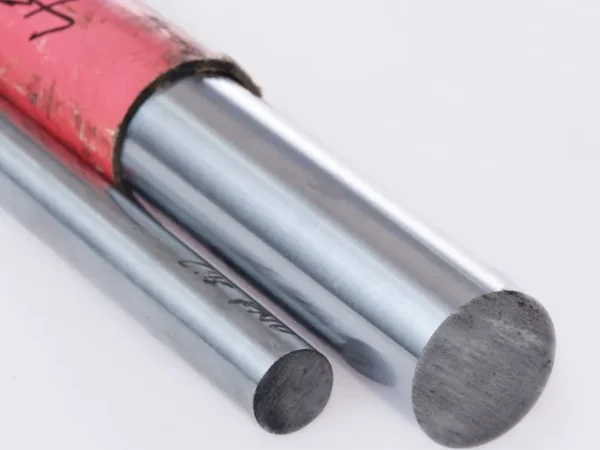
Characteristics of engineering steel
Engineering steels are essentially wrought steels designed for mechanical and allied engineering applications. Small amounts of one or more alloying elements (other than carbon) are added to produce specific properties that are lacking in regular carbon steel.
As engineering steels are designed to meet specific user requirements, characteristics will differ depending on the type and grade.
Engineering steels are often alloyed to increase their tensile strength and hardness. This makes them suitable for applications requiring high load-bearing capacities. Depending on their alloy composition, these steels are designed to withstand wear and tear, corrosion, and extreme temperatures.
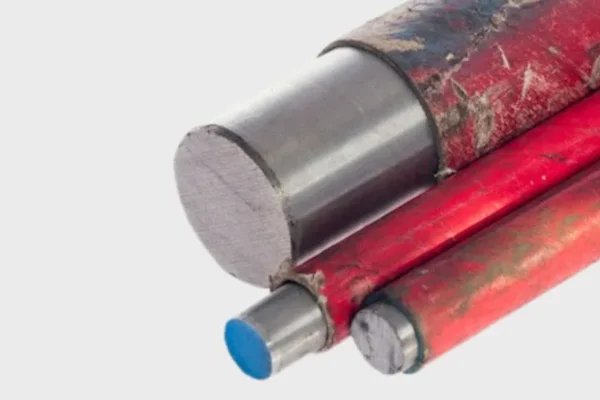
Usually formulated to be easily machined, engineering steels allow for precise fabrication and manufacturing processes.
Certain types are chosen for their effectiveness in welding, making them ideal for complex structures and assemblies.
Many engineering steels are treated to enhance hardness, which improves their performance in abrasive environments, and often exhibit high impact resistance, ensuring reliability in dynamic and high-stress situations.

Engineering steel applications
The specialised properties of engineering steel make it ideal for a wide range of applications:
- Construction: Used in structural steel for buildings, bridges, and other infrastructures due to its strength and durability.
- Automotive: Employed in components like crankshafts, gears, and chassis parts, where strength and wear resistance are crucial.
- Aerospace: Utilised in aircraft components and engines, where high strength-to-weight ratios and resistance to extreme conditions are necessary.
- Manufacturing: Applied in machinery, tools, and dies, where precision, hardness, and wear resistance are critical.
- Energy: Used in the production of equipment for oil and gas, power generation, and renewable energy technologies due to its ability to withstand harsh environments.
Browse Edcon’s range of engineering steel
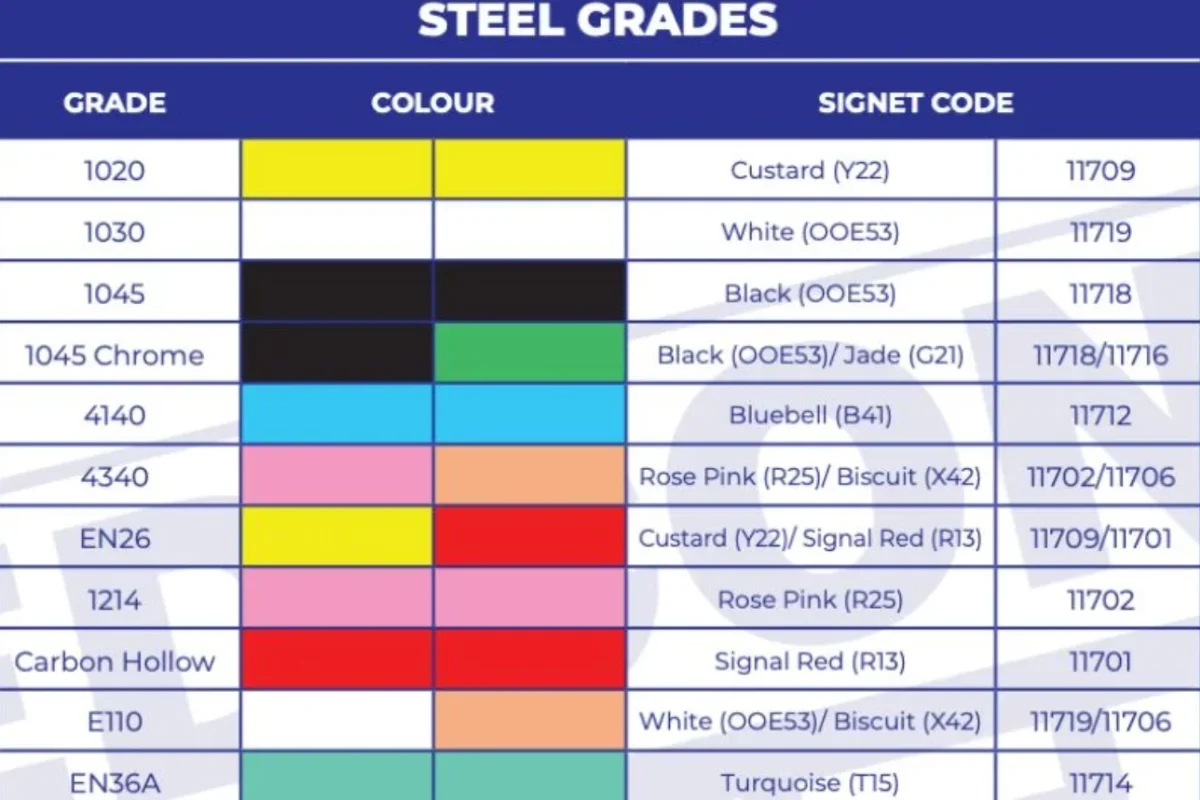
Grades of engineering steel
Steel grades act as common guidelines that set out the composition, mechanical properties, dimension tolerances, manufacturing method, and quality control provisions specific to each material.
Choosing the wrong steel grade can be disastrous, so it’s important that you understand which grade is right for your application.
Standardised colour coding enables you to distinguish different types of steel based on their unique metallurgical properties.
Generally categorised into carbon steels and alloy steels, Edcon Steel’s range of steel products has varying combinations of carbon, iron and other elements.
View our steel grade colour guide here.
For more information on engineering steel grades, check out this helpful article.
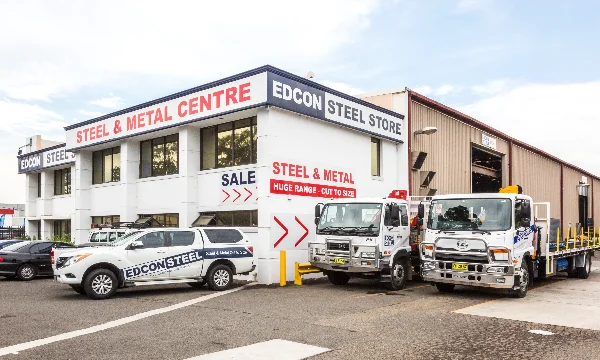
Buy steel online from Edcon Steel
At Edcon Steel, we pride ourselves on the expertise of our staff, our level of customer service and the depth of our local market knowledge.
You can visit our stores to browse the range or pick up an online order.
Our staff are on hand to answer any questions you have about our full range of products and services, so feel free to contact us for your steel or metal solution today.

